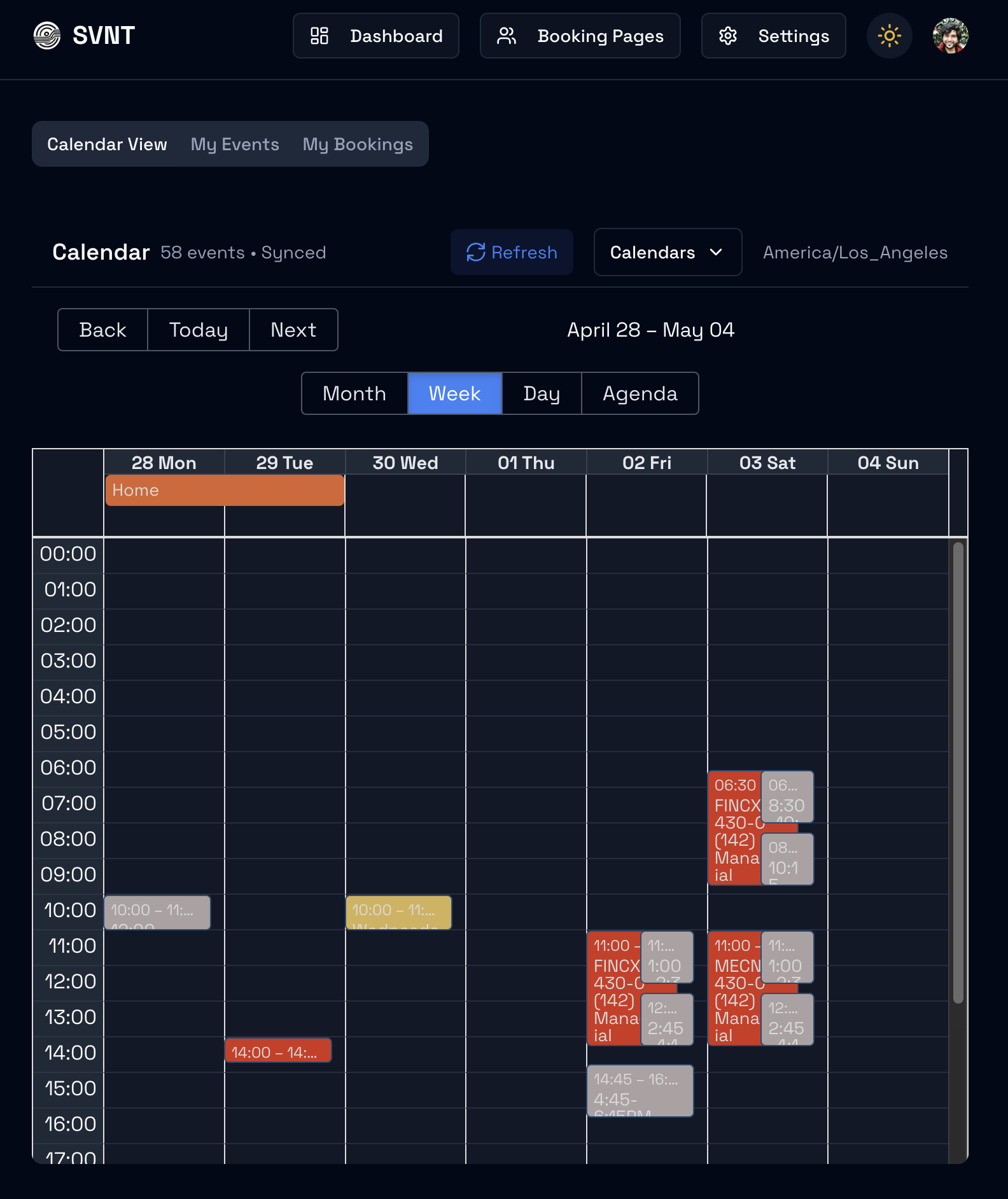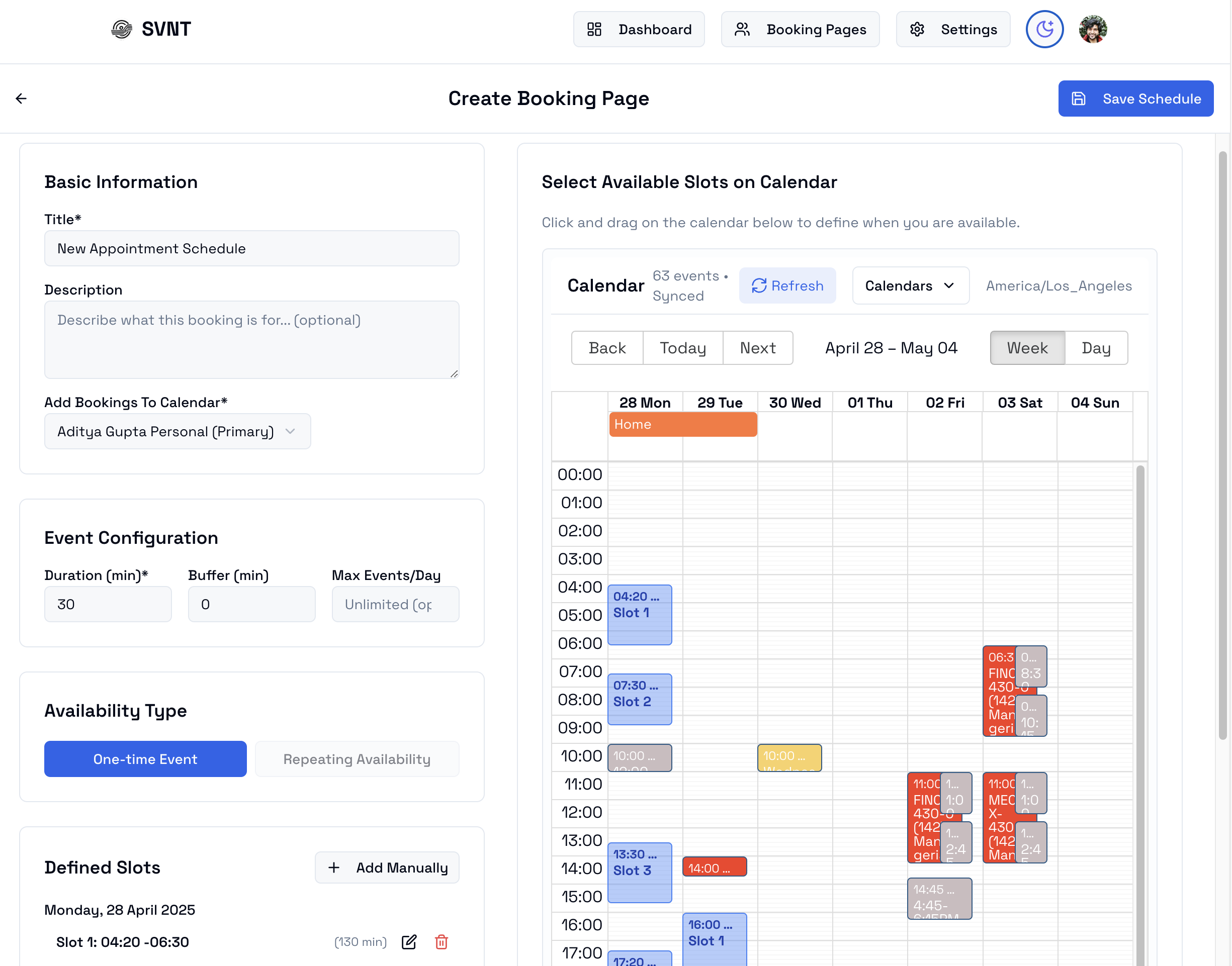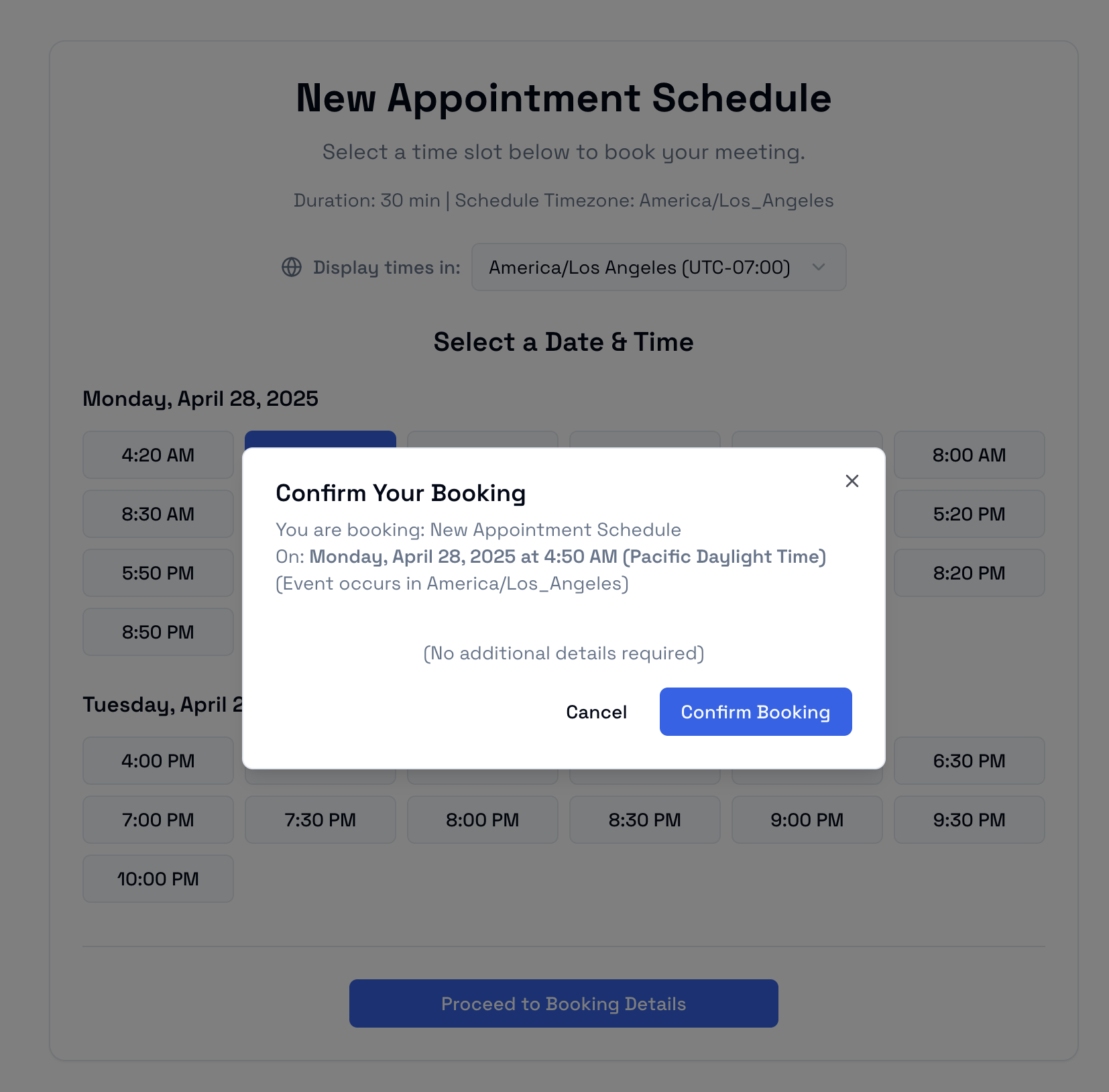Wed Jan 01 2025
Investors don't pay to build your train. They pay for a ticket once its taking off.
The Highlights
- B2B Sales and Client Acquisition
- Built a product from scratch and waitlisted 10 clients in 6 months.
- Waitlisted clients included 2 US clients with over 1M USD ARR, an Indian client with 3B USD ARR, and an Indonesian client with 2M USD ARR.
- Marketing: Top 10 of Product Hunt, with 140+ upvotes (at the time of writing).
- VC Traction
- Admitted to Antler US (CO, 24) for a 2.7M USD valuation consideration. Also shortlisted for to Antler UK.
- Among top 10% of applicants to YC 23, and asked to re-apply with a co-founder.
- Leadership and Team Development
- Recruited an awesome team of 8 spanning US, UK, India, Taiwan - from leading universities globally (LSE, Imperial, Berkeley, IIT Delhi). Brought on an Ex-NASA, ex-Google once-exited founder onto my advisory team.
- Every single one of my team members has come back to me at a future date with incredible career/professional outcomes (ranging from an roles in VC, to admits to elite universities, fundraises, etc.) and have (thankfully!) commended me for my leadership and our work together, and the role it played in their career growth.
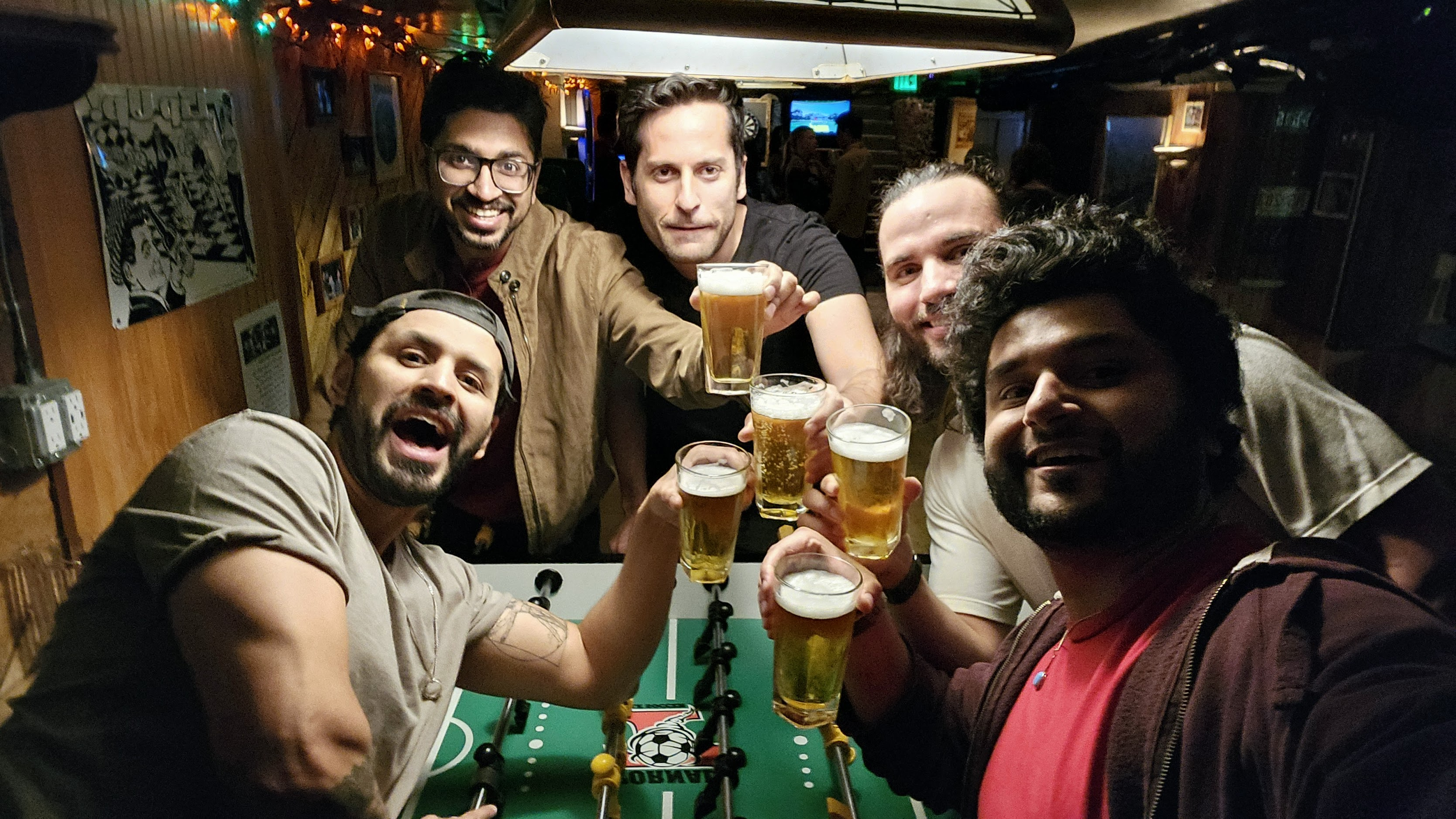
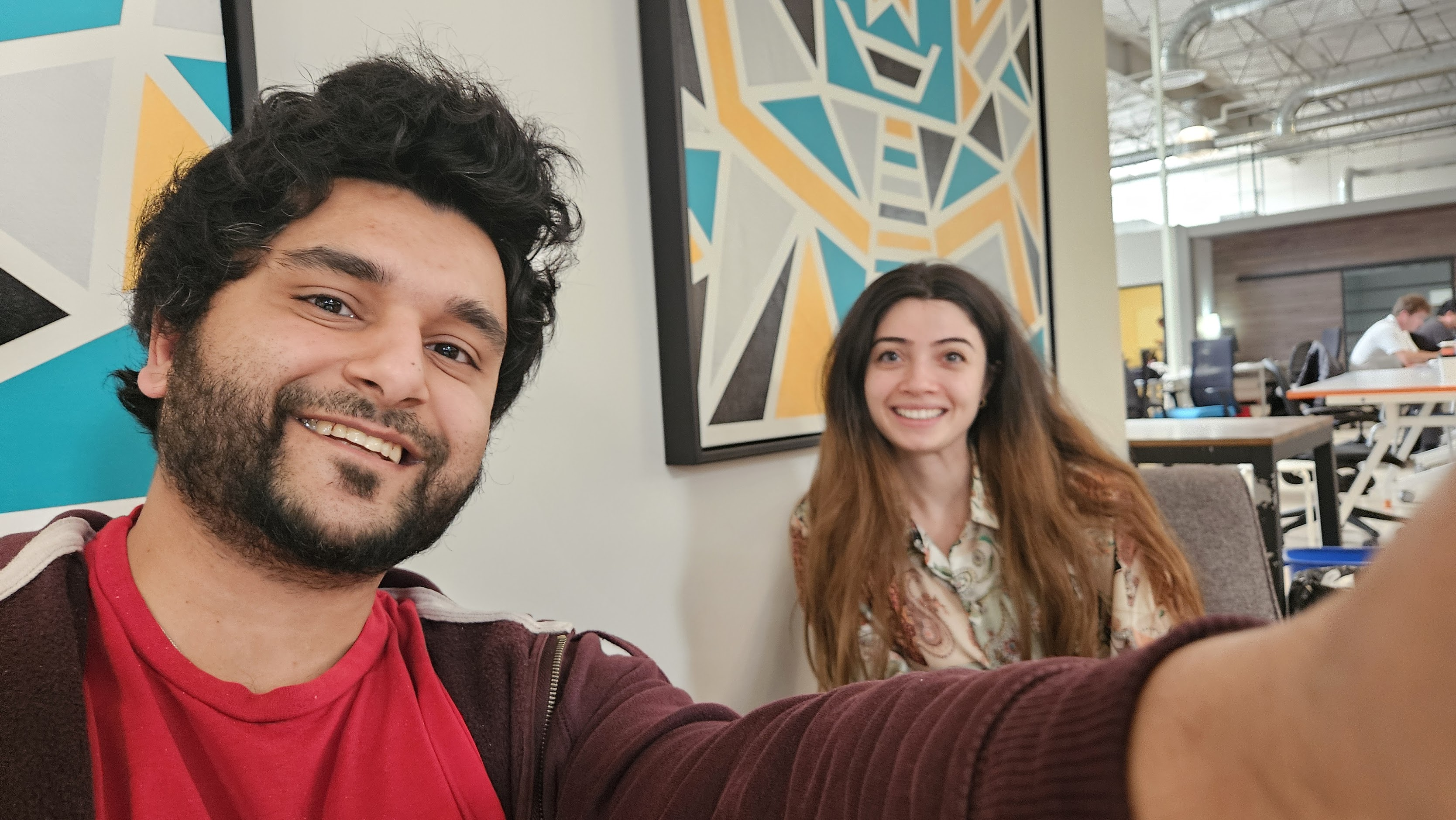
Meeting some amazing founders at Antler, Boulder CO 2024.
The Lowlights
- Had co-founder pull out 1 week before Antler due to his wife's layoff and related immigration / financial security issues. 2-3 months of training and relationship building down the drain and a devastating setback.
- Have another shortlisted senior CTO candidate renege on an offer 1 month into a verbal alignment.
- Had a 2 "technical" co-founders at different points in time, with strong tech credentials fail to contribute code or built product. Multiple months of relationship building lapsed.
- Antler, in many ways, was a disappointing and costly experience. Under 2-3% of their investments are for solo-founders. Between flights and hotels, I spent 15k to attend.
- Was the only one who wrote production code through the journey, and ultimately the only one selling. Could not scale and adequately grow a very junior team to operate independently or at senior level.
- YC funded competitor Spinach.AI. Gong and several competitors rose in the same time frame (now there's also fireflies.ai, otter.ai, etc.)
- 2 startup clients defaulted on payments despite 2 months of work for each.
- Some clients demanded SOC2 and IS27001 compliance (which costs 20K USD+, and is prohibitive at the seed stage).
- Burnt out and exhausted my runway, nearly had to sell my house.

The Learnings
- Build teams top-down. Growing junior talent is a noble cause and a sensible long-term play, but startups have to be ruthlessly competitive.
- Dont hire
juniorany* talent that takes "more" out of you to "activate" than doing the work yourself, beyond their first 2 weeks.
- Dont hire
- Investors don't pay to build your train. They pay for a ticket once its taking off. Dont waste time talking to VC's unless you have:
- (1) Co-founders: Under 2% cheques go to solo founders. Plus, being a solo founder is... hard.
- (2) Traction: i.e. accelerating and non-zero revenue. 10% CAGR is not good enough. Being pre-sales is not good enough. Even for the "so called" angel, pre-seed, or seed VC's.
- (3) Favourable Market Conditions / Leads: 2025 raising money is not the same as 2020. The only team I know that raised money pre-product comprises of ex-NASA, ex-Google, previously existed cofounders with PhDs.
- It's all bullshit until the money hits the bank. Talk is cheap. It costs people nothing to be "nice" to you and keep you on the hook.
However, it costs you everything. Dont break your back to shave off a couple of percentage points of risk off for just one specific VC/client who keeps kicking the can down the road. Move on.
- Anything shy of a fuck yes is a fuck no. Those who want to work together or fund you, will find a way to despite the issues.
Those who don't will find every reason they can.
- "You're too early for us..." is a resounding 'no'.
- "Lets talk after you land this deal..." is a resounding 'no'.
- "You need XX skills in your team" is a resounding 'no'.
- "This is a hot space, how do you differ from... " is a resounding 'no'.
- Anything shy of a fuck yes is a fuck no. Those who want to work together or fund you, will find a way to despite the issues.
Those who don't will find every reason they can.
- Action, Action, Action: Tech-founders must code on day 0. Commercial-founders must pitch from day 0. Everything else is fat - trim away.
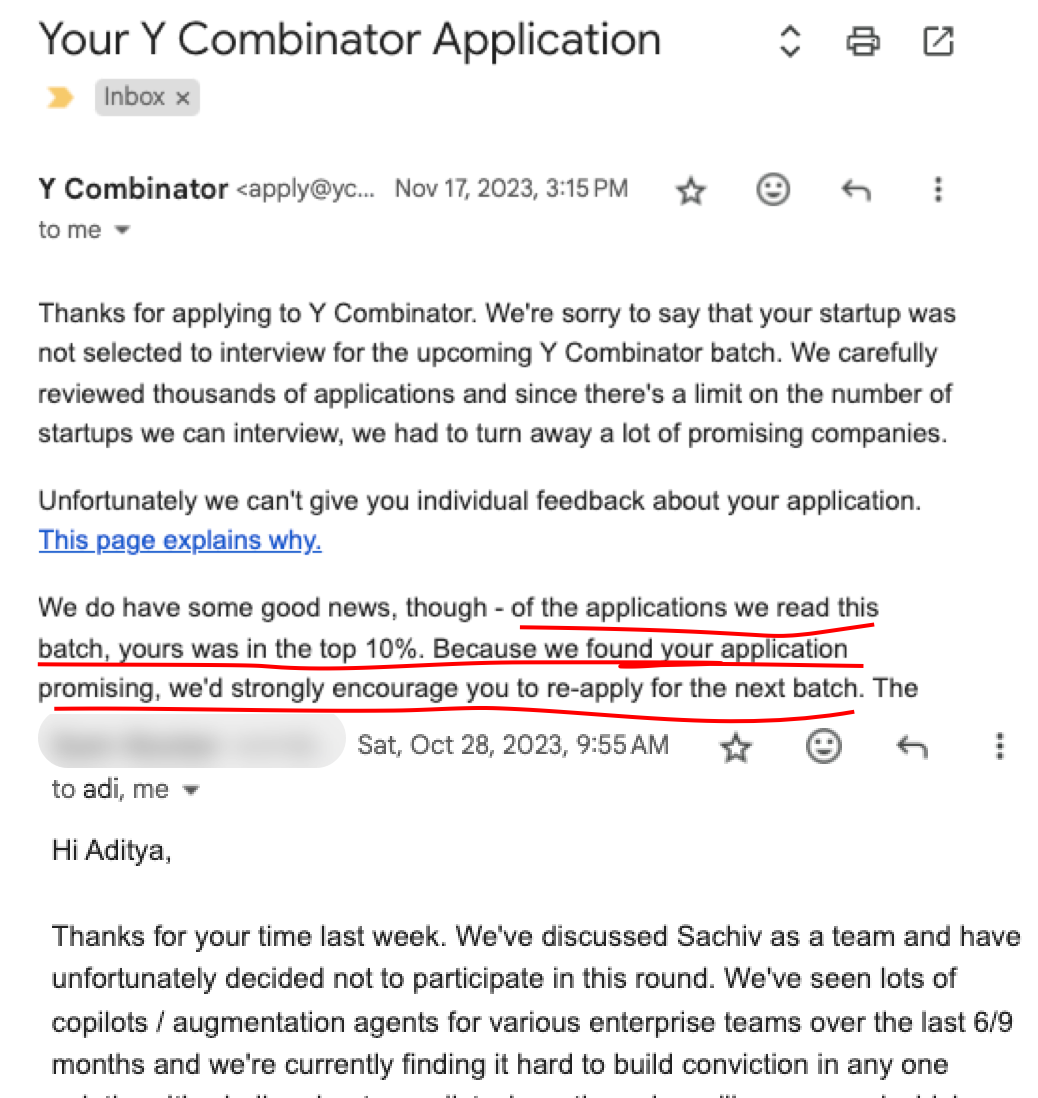
Learning to eat humble pie: Unlike job applications and other setbacks, it doesn't just hurt the ego. Its existential.
The story
The proof
Program management sucks. I can't imagine too many people enjoy taking meeting notes, updating project trackers (JIRA, Scrum, Asana, Spreadsheets), aligning calendars, chasing after tasks and todo's, drawing timelines, checking status, sending reminders, etc. These are basic, standard communication pieces of doing business. But they are, fundamentally - boring. For large, complex projects, or repetitive projects or processes, they're soul crushing.
Whem I moved on from my Release Management responsibilities at Google WearOS's team (shipping monthly updates to an operating system, an Android and iOS app), coordinating 30+ people for a mind-numbing monthly administrative orchestra for your app updates/releases - we achieved a level of automation such that Google never needed to find someone to back-fill the roll. This full, high level job role automation back in 2019.
The automation came from some clever things we did:
- Google Calendar API's invoked through Google Sheets: The sheet captured our recurring process, expected invitees, timelines, and conditional fomulae that dynamically generate the requisite calendar events.
- Appscript: to populate the sheet with updates from Google Forms, our release process and our internal approval tools and project trackers.
- Automated analysis of the release cut code diff which checked if specific API's were impacted, new logging or data recording was added. This determined if certain review meetings were needed at all, or could be skipped.
- Checking Project Trackers to track QA progress and bug fixes ahead of certain cut-offs and deadlines.

An actual post-meeting transcript sent by Sachiv. Sachiv recorded the key moments, action items, and next steps - and triggered actions in real-time.
The history
I always struggled to enjoy operations and repetitive tasks. My love for automating away the boring, or especially recurring stuff goes deeper than most:
-
Automating Ops
- In 2016, I hacked together a Chrome extension atop a 97% accurate word2vec model to help a 100+ strong ops team at Google detect transit data alerts and update hundreds of millions of users on Google Maps. The team previously had to manually refresh twitter pages and log the alerts in a given schema. Years of labelled structured data helped tremendously - and hackathons were won based off the much after my departure from the team.
- My core job involved automating Transit Partner onboarding, which typically took 3 months of operational back and forth prior to my arrival on average, across thousands of data feeds. By updating our tooling and process, I was able to shave this down to 6 weeks (down 50%).
- Automating Engineering
in 2017-2018, I had an idea to use millions of commit logs with relevant code changes to automate a certain % of code commits and eventually automate software engineers altogether. I applied to Area 120, Google's internal startup incubator with this idea, and was practically laughed out of the room by senior Googlers. For an engineering led company, this was never going to be a popular idea... folks today tout are their engineering workforce reduction targets. - Automating ... Life?
I may have written some cron scripts to send wonderful greetings to people on their birthdays, with attached images - perhaps as early as 2017. It took my wife almost an entire month to figure out that it wasn't me writing those poetic letters leading up to my proposal. Given I immediately owned it, and we're married now, I suppose she saw it as sweet / clever (🤭).
Between presentations on "MVP" development, I first presented the Sachiv.AI idea - at the time called "Conflux", at London Business School's startup events as early as 2018.
A few years later, as I was closing an incredible year at Amazon (we did 500M USD ARR in revenue in 2022! That was over 15X our assigned target.).
When I saw OpenAI's GPT-4, I was reminded of the idea. This is going to be a thing - whether I build it, or someone else does. The last missing piece was the natural language understanding.
With a desire to relocate to the US to join my wife, a (perhaps overconfident) feeling of little left to prove in corporates, and a desire to build something new - I quit my job in 2023.
The pitch
The humble-sauce
I think the hardest, but perhaps one of the most imminent decisions around building Sachiv.AI was coming to accept that, for their own good - and mine - I needed to release the team. Its a difficult day in any entrepreneurship journey, as we constantly invest in the growth and success of our team, and emotionally invest in these relationships.
- Some of my reports were in final years of school - and this was a crucial time for them to find their next steps.
- I had a baby on the way.
- Cashflow was a challenge, and we had substantial burn on the tech.
- I had a international relocation pending, with a forced career / professional break: I knew I would not have the right to work for a few months(!!) after my move. Not a great position to raise, hire, or sell.
- A client had defaulted on payments - and a few investor promises had fallen through.
We were a few months (and about a 100,000 USD) away from an enterprise-ready product, and I had not built designed the product to go to B2C directly. Taking on too many reports but not enough cofounders meant I was investing a lot of time in managing the team - rather than building the MVP. I had not built the right team around me. The writing was on the wall.

So what's next?
I think the first month after closing down was the hardest. There was a period through the startup that I was managing my own team as a solo-founder, and another 6 reports I took on at a side-job to keep the lights on. I was the sole point of contact for all the clients and investors, and the key person to ship code and catch up on the product - in the midst of an international move.
I felt pretty defeated by the circumstances and was properly burnt out. For a good month after, I didnt do much. Even in the months that followed, I decided to assist a few other teams on their journey to build their own AI products. Fast forward a few months, the joy for building is back.
With less zest for a fundraise or a rush - and a lot more focus on a functional product, I've restarted some development work on the product. I have to admit - the advancements with Claude 3.7, Gemini 2.5, and MCPs have enticed me back into the game.
SVNT: Calendly / Google Calendar Fork
Every brilliant Meeting Intelligence product needs to integrate with calendars to jump into meetings, and so here's a bit of hobby work on a calendly / google calendar fork
